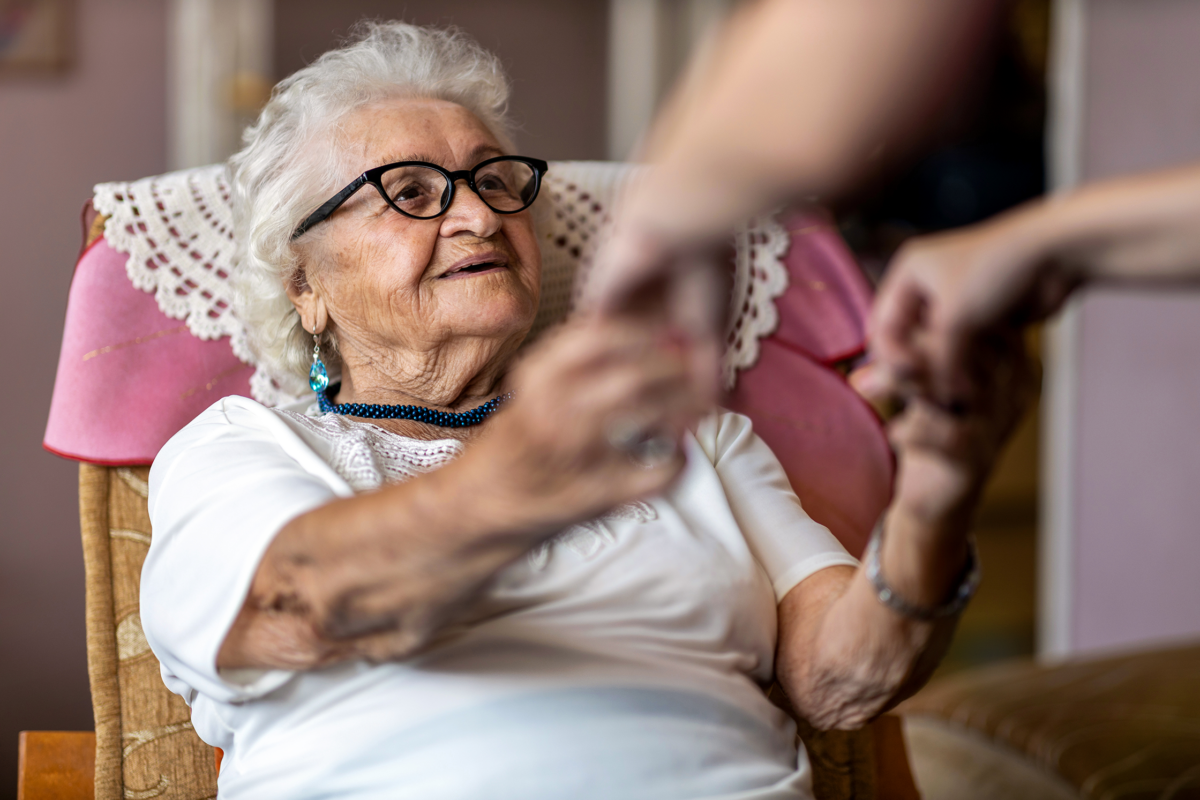Research Study Overview
As assisted living communities have become more popular, they have become the largest residential provider of long-term care for people with dementia. Often, these residents need special help with daily tasks including bathing, dressing, and eating. Training can help staff problem-solve the challenging situations that arise when caring for persons with dementia.
There are two especially promising online programs developed by the Alzheimer’s Association®, that offer education and aim to better inform staff how to provide care. They are being offered at no cost to selected assisted living communities.
- essentiALZ®, the Alzheimer’s Association’s online training and certification program
- Alzheimer’s and Dementia ECHO®, a virtual case-based learning program
Both trainings are designed to be interactive, flexible, and easy to use.
A research study funded by the National Institute on Aging is evaluating the two programs. Led by the University of North Carolina at Chapel Hill, in partnership with the Alzheimer’s Association, the study will work with 126 assisted living communities to evaluate the essentiALZ and Project ECHO training. It will learn whether these trainings help staff feel better trained and result in better outcomes for both residents and staff.
Administrators
Support staff by giving them access to dementia care training resources.
- Receive free training that may fulfill state training requirements
- Reimbursement to participating staff for completing online questionnaires
- Reimbursement to the community for participation
Staff
Receive free dementia care training and resources.
- Participate in 3 online questionnaires over six months
- Receive free training before or after the study
- Receive reimbursement to complete online questionnaires
- Receive the essentiALZ certificate after completing training
Families
Support research that studies the impact of training on staff and resident wellbeing.
- Participate in 3 telephone interviews over 6 months
- Receive reimbursement for telephone interviews


